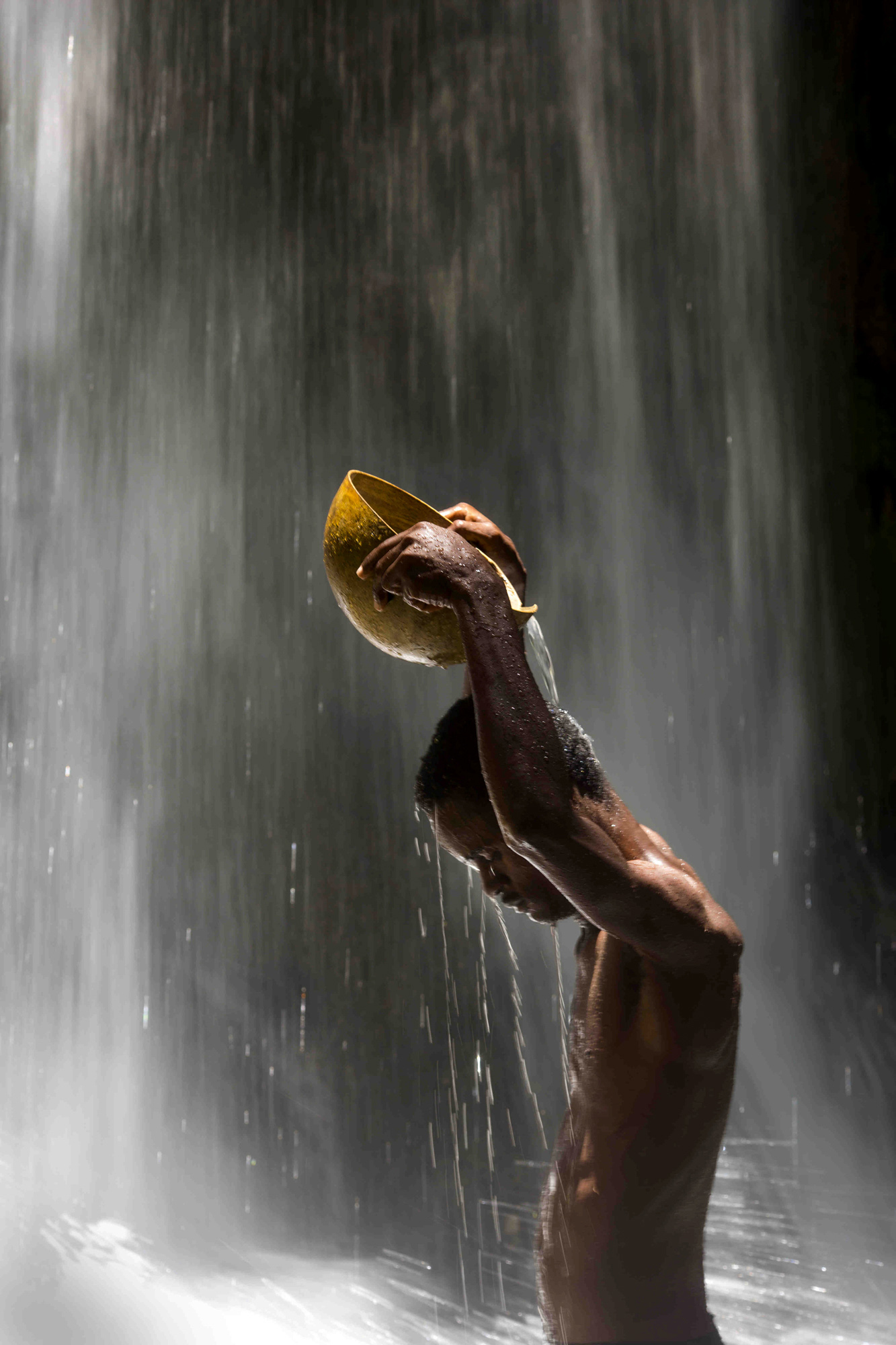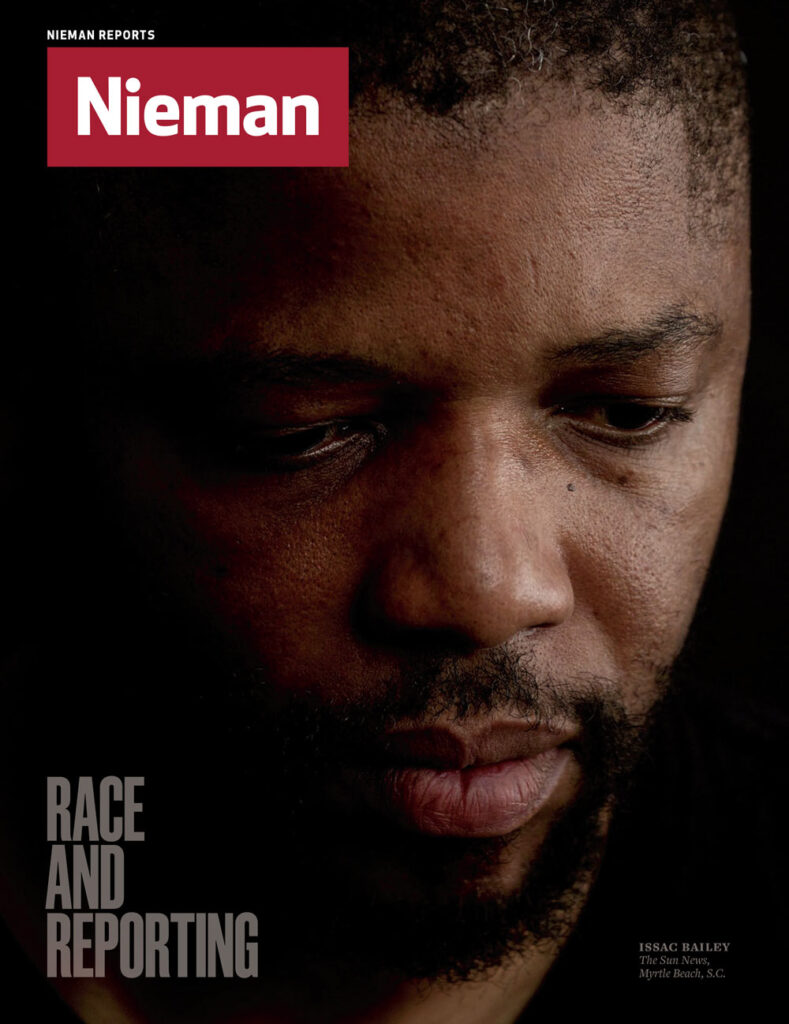A couple years ago, just as I was starting my Nieman year, the “War/Photography: Images of Armed Conflict and Its Aftermath” exhibit curated by Anne Wilkes Tucker of the Museum of Fine Arts in Houston was traveling across the U.S.
Having just seen it in Los Angeles, my friend Jonathan Diamond called me. Why, he asked, when photojournalists shoot so many images on an assignment, are we limited to seeing just one or two in a newspaper or magazine? Why not showcase 10 or 20?
There was, I said, no reason, other than the limitations of print.
And so The Stand started as a digital photojournalism magazine, one that would draw photographers from around the world, transcend borders by relying on images rather than text, and treat photojournalists and their work with respect. In an effort to bring in new voices and expand our reach—as well as acknowledge the ubiquity of cell phone cameras—we decided that an active citizen photojournalism component was integral both to building an audience and to expanding our ability to cover news.
Then the question: How to fund it while digital journalism is still finding its way as a business? We needed to think globally. Even before we launched the digital magazine in February, The Stand was commissioned by the World Wide Fund for Nature (formerly the World Wildlife Fund) to shoot the People’s Climate March. Using our network of contributors, we provided coverage for the WWF in New York, Seoul, New Delhi, Santiago, Nairobi, and Rome. The Stand became a photo agency.
The Stand, a digital magazine, transcends borders by relying on images rather than text
We are now in discussions with a news website to syndicate our images, and more of these types of deals are in the works. Taken together, anticipated revenue from advertising, agency commissions, syndication, and licensing puts us in a position to build what we believe can be a self-sustaining photojournalism business.
We’re still in our infancy, raising money to hire tech, sales, and marketing staff, but we’re hopeful, especially because of the quality of our images and the response from the photography community.
I brought in about 40 contributors prior to the site launch in mid-February. The number of contributors has since doubled. To me, it shows that our basic premise is correct: there are photojournalists out there with stories to tell. All they needed was a platform.




